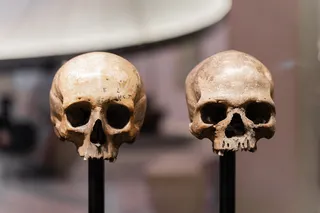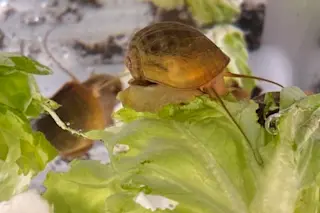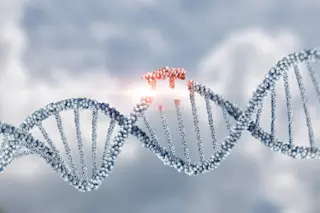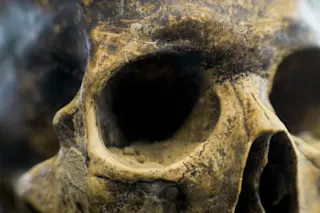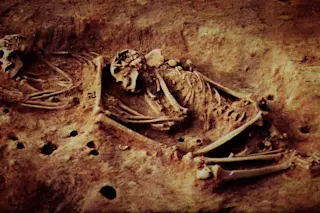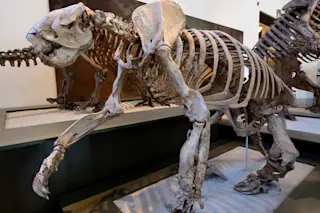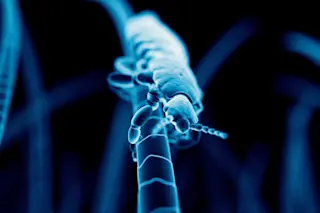Back in 2000, Randy Jirtle, a professor of radiation oncology at Duke University, and his postdoctoral student Robert Waterland designed a groundbreaking genetic experiment that was simplicity itself. They started with pairs of fat yellow mice known to scientists as agouti mice, so called because they carry a particular gene—the agouti gene—that in addition to making the rodents ravenous and yellow renders them prone to cancer and diabetes. Jirtle and Waterland set about to see if they could change the unfortunate genetic legacy of these little creatures. Typically, when agouti mice breed, most of the offspring are identical to the parents: just as yellow, fat as pincushions, and susceptible to life-shortening disease. The parent mice in Jirtle and Waterland's experiment, however, produced a majority of offspring that looked altogether different. These young mice were slender and mousy brown. Moreover, they did not display their parents' susceptibility to cancer and diabetes ...
DNA Is Not Destiny: The New Science of Epigenetics
Discoveries in epigenetics are rewriting the rules of disease, heredity, and identity.
More on Discover
Stay Curious
SubscribeTo The Magazine
Save up to 40% off the cover price when you subscribe to Discover magazine.
Subscribe

